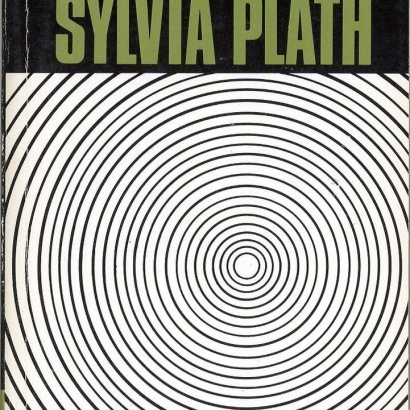 Chapter & Verse Blog
Chapter & Verse Blog
The Manchester Literature Festival Blog
Review: I am, I am, I am at The Martin Harris Centre
On the train to Manchester, I couldn’t help but wonder how Sylvia Plath would have felt had she known people were gathering to celebrate her only novel, half a century after The Bell Jar’s publication. And gather, they did. The red chairs of The Cosmo Rodewald Concert Hall at Martin Harris Centre quickly filled up and fresh coffee, the incense of any literary event, flavoured the air.
Jackie Kay and Ali Smith weren’t shy in reciting Plath’s work to their audience, alternately reliving a collection of Plath’s poems, with a rhythm between the earlier and the latter of her work. Plath’s words rolled from Smith’s soft, hang-off-every-word accent, and Kay, recounting some of Plath’s darker imagery, reverberated literary history around the music hall: beautifully disquieting.
The talk wasn’t short of bringing spirit to the woman who meets many at windows. An audience dominated by women, ranging from teenagers to grandmothers, reflected just how timeless and inspiring Sylvia Plath has been to each generation present, with undoubtedly more to come. Smith watched as Kay spoke, intently captivated, whilst a young girl in the seat next to mine wrote a text. With a cheeky glance, I read what she was writing: ‘I need to read more poetry’.
On stage (and off stage), the conversation dealt with Plath’s ability to bring nature to life, along with the perplexing creation of form and Plath’s ongoing fight with freedom. Her poems ask us to consider how things are structured. Without overanalysing each line or form, Smith and Kay welcomed understanding into the corners of Plath’s world and the audience laughed along, sharing their personal recollections of the impact Plath’s work has had on their not-just-literary lives.
The Applicant, which Kay said she first read as a teenager, was recited with a seemingly effortless understanding. The audience tittered as Kay recounted her first reading of Lady Lazarus, introduced to her at University. Having read her assigned interpretation, Kay’s lecturer told her to go back and read that poem again, Jackie. But for Jackie Kay, Lady Lazarus wasn’t about suicide, as taught by her lecturer, but reinvention and transformation; the audience seemed to agree. Tender appreciation of Plath was inescapable; a pin-drop silence fell between the introduction of Edge, the last poem Plath is known to have written, and its delivery. The force of poetry reverberated throughout the hall. The moon has nothing to be sad about.
Ali Smith and Jackie Kay shared their personal journeys with The Bell Jar, the novel having traveled with them through their lives, and the pair enjoy how on re-reading, new understanding of passages continues to be discovered. Kay discussed the allusions to class difference prominent throughout The Bell Jar, from the country club to the mental asylum. Ali Smith recognised her traveling companion as one of the funniest books she has read for a long time, so funny it’s painful, and to affirm her humour, she read a passage from the novel. We were all listening for what I presume was, at least, the second time hearing of Esther Greenwood drinking fingerbowl soup and of her attempt at hanging herself with the cord of a bathrobe. The novel gives us a strange permission to laugh about suicide, which no author has mastered quite like Sylvia Plath.
On closing the Literature Live conversation, Jackie Kay turned to her companion on stage and, almost as though only to herself, said, ‘If Plath had had a friend like Ali, she may have lived an awful lot longer.’
Bewitched by Sylvia Plath? I am, I am, I am.
About the writer: Rachel Barker is a free writer and photographer.
Often, it happens quickly; you have to catch it before the imagery has gone. Musings can be found online at tiffers89.tumblr.com, and visuals at www.raychelark.com


